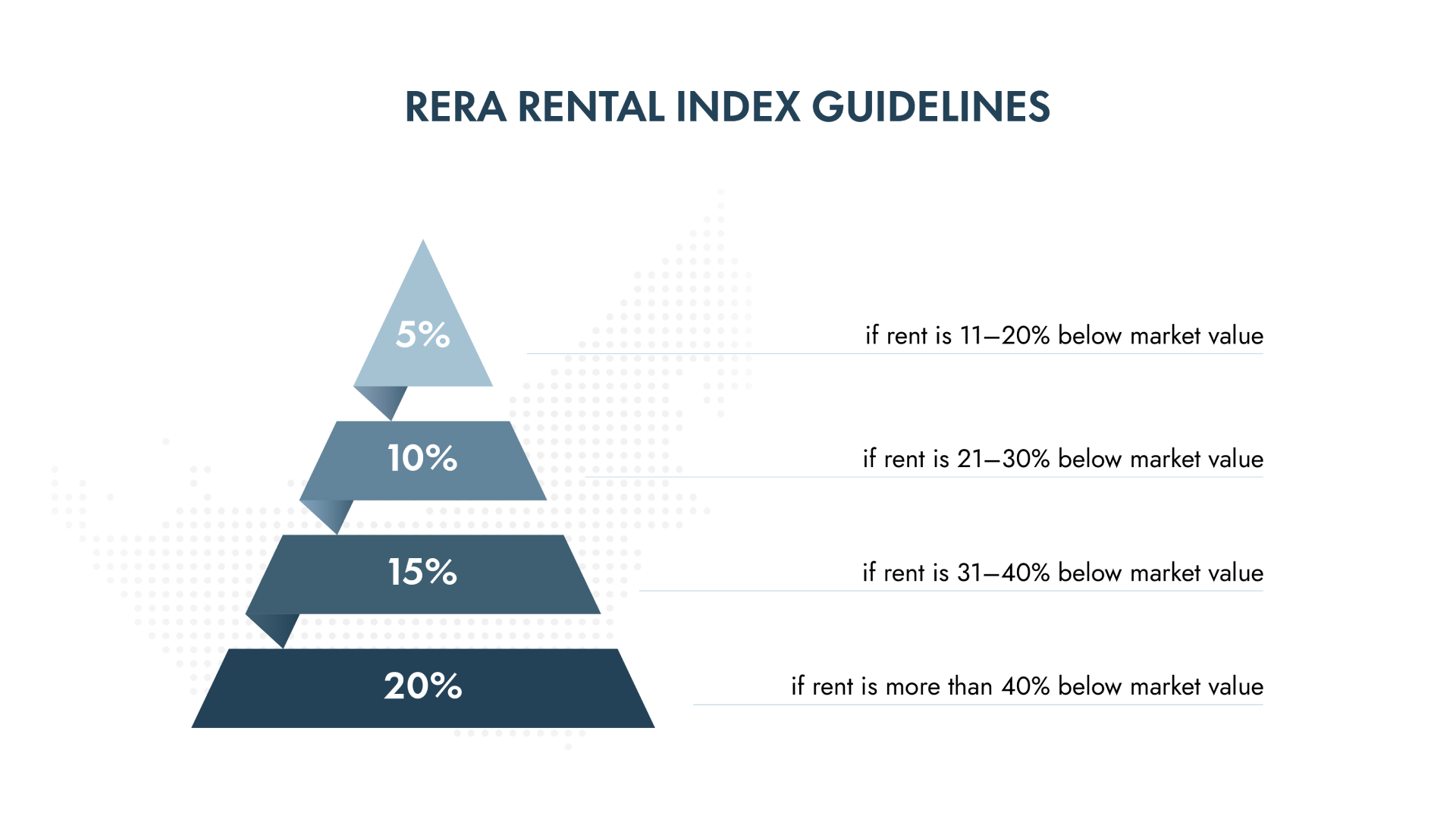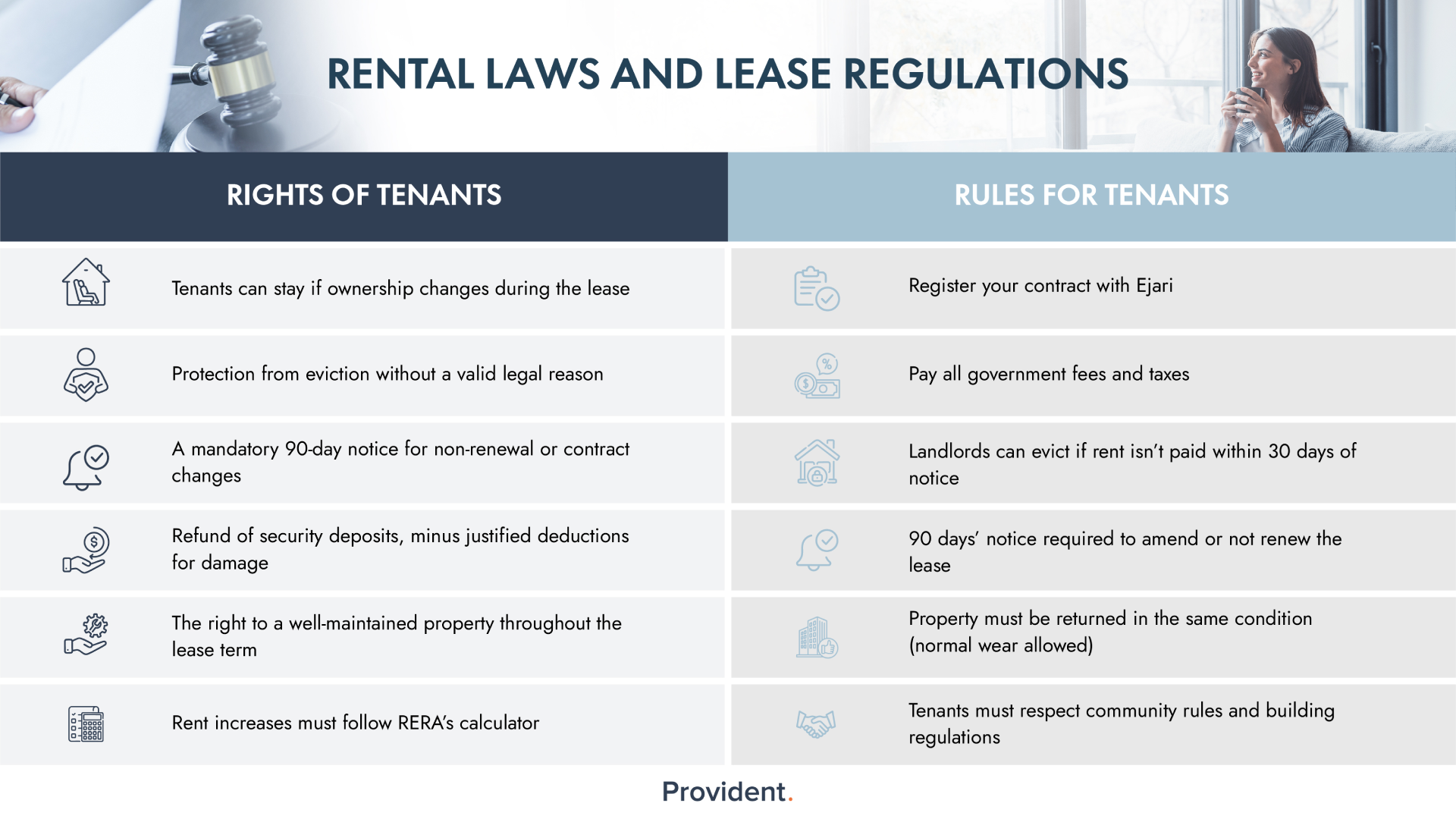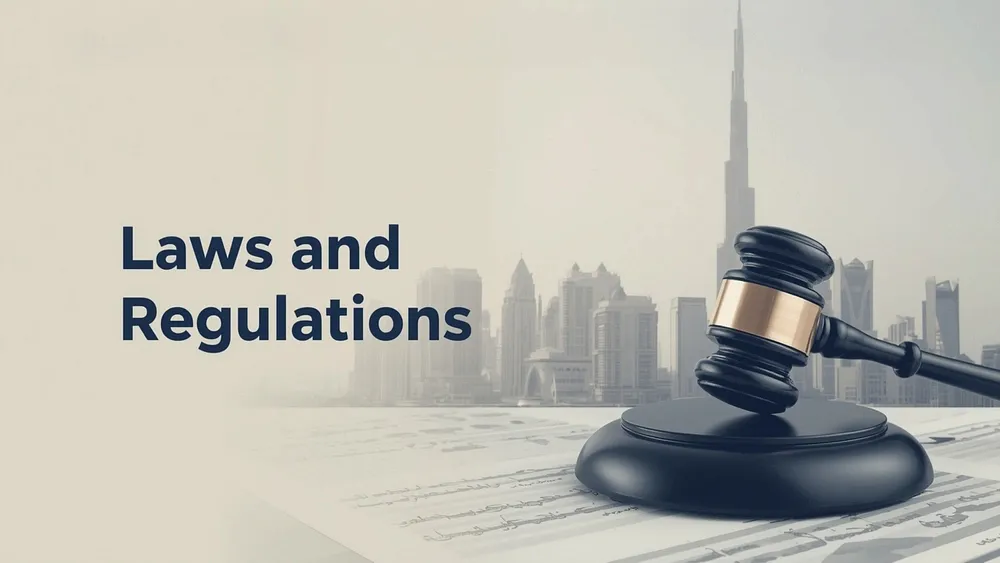Signature Collection
Explore SignatureDubai’s real estate market continues to be a global magnet for investors, homeowners, and businesses alike. Its strong growth, attractive tax environment, and investor-friendly policies make it one of the most dynamic markets in the world. But behind the skyscrapers, waterfront properties, and luxury communities lies a sophisticated legal system designed to keep the market transparent and secure.
Understanding the Dubai real estate laws and regulations is not just an option; it is essential for anyone entering the market. From purchasing an apartment in Downtown Dubai to leasing a villa in Jumeirah, every transaction is governed by a set of rules designed to protect all parties. In 2025, Dubai has strengthened these regulations with digital innovations, enhanced investor safeguards, and stricter compliance requirements.
Key Regulatory Authorities & Legal Framework
The Dubai Land Department (DLD) serves as the official custodian of Dubai’s property market. It is responsible for:
- Registering all real estate transactions and issuing title deeds
- Managing property valuation standards
- Regulating land sales and transfers
- Maintaining official ownership records
Its regulatory arm, Real Estate Regulatory Agency (RERA), focuses on operational compliance and consumer protection. Its responsibilities include:
- Licensing and monitoring real estate brokers and developers
- Managing the Rental Index and Ejari system
- Overseeing escrow accounts for off-plan projects
- Approving property advertisements to prevent misleading claims
- Resolving disputes through specialized tribunals
Supporting institutions include the Rental Disputes Centre (RDC) for tenancy-related issues, and digital platforms such as REST, which allows buyers and sellers to complete transactions remotely, and Mollak, which tracks jointly owned property service charges.
Property Ownership Laws
Under Law No. 7 of 2006, UAE and GCC nationals can own property anywhere in Dubai. Foreign nationals can purchase in designated freehold zones or acquire leasehold rights for up to 99 years. The growing list of freehold zones now includes Dubai Marina, Palm Jumeirah, Downtown Dubai, Business Bay, Dubai Hills Estate, and several emerging master-planned communities.
Property rights in Dubai extend beyond simple freehold and leasehold arrangements. Two other categories include:
- Long-term usage rights grant the holder the right to use and enjoy the property for a defined period without owning the land.
- Musataha agreements, allowing development on leased land for a fixed term, after which ownership reverts to the landowner.
All property ownership must be registered with the DLD to be legally recognized. Registration protects owners against disputes and is mandatory for mortgage financing. Foreign owners also have inheritance rights, but these are subject to UAE laws unless a valid will is registered with the DIFC Wills Service Centre or Dubai Courts.
Rental Laws and Lease Regulations
Dubai’s rental market is one of the most regulated in the region, providing a high level of protection for both landlords and tenants. The Real Estate Regulatory Agency requires all tenancy contracts to be registered through the Ejari system. This registration ensures the agreement is enforceable and protects both parties in the event of a dispute.
Rent increases are governed by the RERA Rental Index, which compares the current rent to the market average for similar properties. Increases are capped as follows:
- 5% if rent is 11–20% below market value
- 10% if rent is 21–30% below market value
- 15% if rent is 31–40% below market value
- 20% if rent is more than 40% below market value

Tenants’ rights include:
- Protection from eviction without a valid legal reason
- A mandatory 90-day notice for non-renewal or changes in contract terms
- Refund of security deposits, minus any justified deductions for damage
- The right to a well-maintained property throughout the lease term
Landlords are obligated to maintain the property’s structural integrity and major systems, while tenants are typically responsible for minor repairs unless otherwise stated in the contract. Disputes are referred to the RDC, which aims to resolve most cases within 30 days.

Strata (Jointly Owned Property) Regulation
The Strata Law (Law No. 27 of 2007) governs multi-unit developments where owners share responsibility for common areas. Examples include residential towers, gated villa communities, and mixed-use complexes.
Key provisions include:
- Owners hold individual titles for their units and a share of the common property
- Common areas include lobbies, corridors, gyms, swimming pools, and landscaped areas
- Service charges must be transparent, itemized, and registered through RERA’s Mollak system
- Developers are liable for major structural defects for 10 years, and for mechanical or electrical defects for 1 year
Owners’ Associations, regulated by RERA, manage maintenance, security, and compliance with community rules. Owners have the right to review service charge budgets and challenge excessive fees through RERA’s dispute resolution channels.
Legal Updates in 2025
Dubai has introduced several key updates to its real estate rules and regulations in 2025:
- Mandatory digital registration of all property transactions via the REST platform, enabling secure, paperless processing.
- Stricter escrow controls for off-plan projects, with funds released only after milestone verification by DLD-approved inspectors.
- Unified valuation framework to ensure accurate, market-based property pricing.
- Enhanced agent licensing with mandatory advanced training and periodic re-certification.
- Expanded real estate tribunal powers, allowing for faster resolution of a wider range of disputes.
These reforms aim to strengthen investor confidence, reduce market speculation, and ensure that all transactions meet high transparency standards.
Off-Plan Sales & Developer Obligations
Off-plan sales are a major part of Dubai’s property market, and they are subject to strict regulation. Developers must:
- Obtain RERA approval for each project
- Register the project with a dedicated escrow account
- Release buyer funds from escrow only after verified construction progress
- Provide clear timelines and detailed specifications in the sales agreement
- Secure RERA approval for all marketing materials
These requirements safeguard buyers from delays, non-completion, and misleading advertising. In 2025, oversight has become even stricter, with heavier penalties for non-compliant developers, including license suspension or cancellation.
Agents, Brokers & Compliance
All real estate agents in Dubai must be trained through the Dubai Real Estate Institute, pass licensing exams, and be registered with RERA. The “three-broker rule” ensures that no more than three brokers can list the same property at the same time, reducing market confusion.
In 2025, new rules require agents to renew their licenses more frequently and complete ongoing training to stay updated on current laws. Unlicensed brokerage carries heavy fines, and repeat offenders can face criminal charges.
Documentation & Transaction Essentials
Buying or selling property in Dubai requires a clear set of documents:
- Title Deed issued by the DLD
- Sales and Purchase Agreement (SPA) or Memorandum of Understanding (MOU)
- No Objection Certificate (NOC) from the developer
- Proof of service charge and utility bill clearance
For off-plan purchases, buyers must also have escrow payment receipts and project registration details. All documents should be verified through official DLD channels to ensure authenticity.
Dispute Resolution Pathways
Dubai offers multiple avenues for resolving real estate disputes. The RDC handles tenancy-related issues, while RERA manages developer and brokerage disputes. Complex cases may be referred to the real estate tribunal or the Dubai Courts. Most disputes are resolved within a month, thanks to streamlined procedures and digital case management systems.
Inheritance & Estate Planning
Without a registered will, UAE inheritance laws apply, which may not align with the deceased’s personal wishes, especially for expatriates. To avoid complications, property owners can register a will with the DIFC Wills Service Centre or Dubai Courts. This ensures assets are passed on according to their instructions, regardless of nationality or religion.
Foreign Investment & Tax Environment
Dubai offers a highly competitive investment environment, with no property tax, no capital gains tax, and no income tax on rental earnings. Foreign investors can also repatriate profits without restrictions. Combined with strong legal protections, this makes Dubai one of the most appealing real estate markets globally.
Risks & Best Practices
- Always verify RERA licenses for agents and developers
- Use escrow accounts for all off-plan payments
- Ensure all contracts are registered with the DLD
- Keep thorough documentation of communications and agreements
These steps protect both investors and residents from fraud and misunderstandings.
Impact of 2025 Updates on the Real Estate Market
The 2025 reforms are reshaping Dubai’s property landscape. Investors benefit from greater transparency through standardized valuations and tighter escrow controls, reducing the risk of overpricing or unfinished projects. Tenants gain stronger rent cap enforcement and improved dispute resolution mechanisms, while developers and agents face higher compliance requirements that raise overall professionalism. These changes are expected to foster sustainable growth and maintain Dubai’s position as a safe and attractive global real estate hub.
Final Takeaways
Dubai’s property sector offers exceptional opportunities, but navigating it successfully requires a thorough understanding of the Dubai real estate laws and regulations. By keeping up to date with legal developments, working only with accredited professionals, and using official DLD and RERA platforms, all market participants can transact with confidence. Whether you are buying your first home, leasing an apartment, or launching a development, knowledge of the legal framework is the best investment you can make.
FAQs
They are laws and guidelines governing property ownership, leasing, transactions, and dispute resolution, enforced by the DLD and RERA.
RERA is responsible for licensing agents, regulating developers, managing the rental index, overseeing escrow accounts, and resolving property disputes.
The Dubai Land Department and its regulatory agency, RERA.
UAE and GCC nationals can own property anywhere, while foreigners can own freehold in designated zones or leasehold for up to 99 years.
In 2025, rent increases are capped by the RERA Rental Index, and landlords must provide 90 days’ notice for non-renewal or changes.
They cover broker licensing, rent caps, developer registration, escrow account requirements, and dispute resolution procedures.
Yes, in designated freehold areas.
You have the right to a registered tenancy contract, protection against unjust eviction, capped rent increases, and timely property maintenance.
For more information, get in touch with us at Provident
 Apartments
Apartments Villas
Villas Townhouses
Townhouses Penthouses
Penthouses Commercial
Commercial See All Properties
See All Properties Commercial
Commercial Property Management
Property Management List Your Property
List Your Property Mortgages
Mortgages Conveyancing
Conveyancing Short Term Rentals
Short Term Rentals Property Snagging
Property Snagging Partner Program
Partner Program Currency Exchange
Currency Exchange PRYPCO
PRYPCO Ethnovate
Ethnovate Plots
Plots
